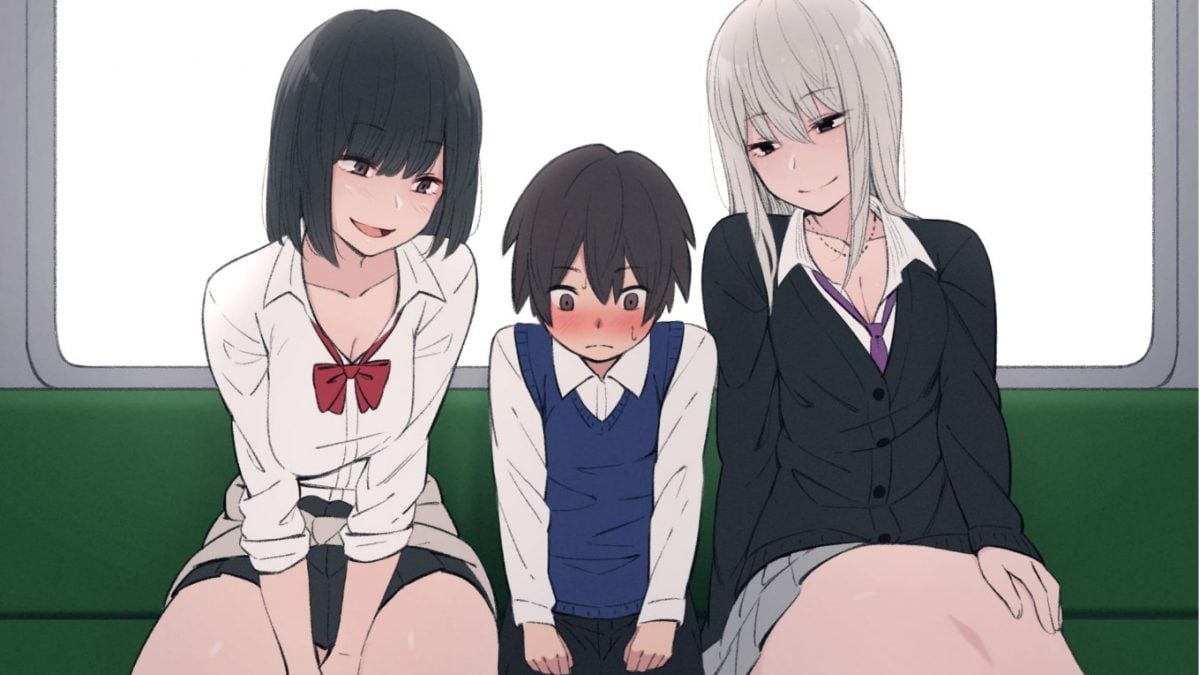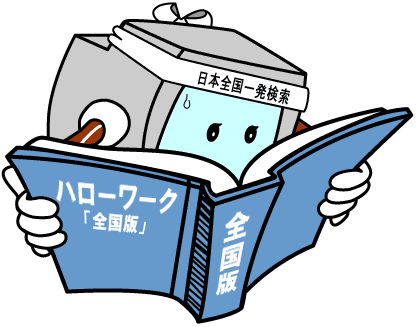It’s interesting to see what kinds of cultural issues you can learn about from anime. I’m currently hooked on Toradora, a series about a short, fierce girl named Taiga Aisaka who’s a classic tsundere character, angry on the outside but sweet and vulnerable on the inside. In the story, the main character Ryuji loves a girl named Minori, while Taiga is in love with Ryuji’s best friend Yusaku. When Ryuji agrees to help Taiga win his friend’s heart, the two become so close that they start calling each other by their first names, something rarely done by high school kids in Japan, who usually address a classmate using their last name (e.g. “Aisaka” instead of “Taiga”). Using first names with each other sends the signal to the other students that they’re dating, which causes all kinds of confusion for everyone. In the PC dating-sim games that we translate and sell, we face some of these cultural issues too, for example how to deal with the name suffixes like -san, used to maintain a degree of formality between people; -chan, usually used with females who are younger than you, or with whom you’re close friends with; or labels like -senpai, senior in a class or organization. In our games, we’ve got the cultural context that allows us to preserve these Japanese structures so we can keep the “feel” of the game as accurate as possible, but I’m sure that in dubbed animation intended for broadcast on TV it’s much more difficult to maintain the spirit of the original.
















